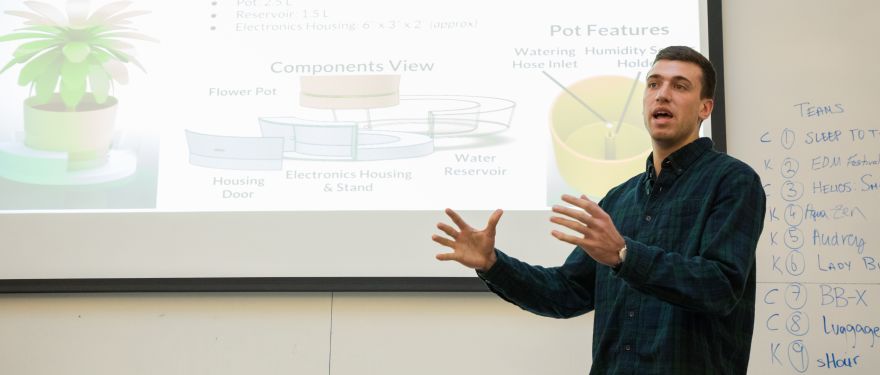My path into the field of biotechnology began at a young age. I was largely influenced by my mother, who is a chemical engineer with an MBA, and by my upbringing in Boston, which exposed me to one of the top biotech/healthcare communities in the world. After an internship doing research at Boston Children’s Hospital, I went on to study bioengineering at Harvard. I became fascinated with biotech and established a goal of transitioning research into treatments that would make a meaningful difference for patients.
After college, it seemed to be generally understood that there are two routes to a career in biotech; the PhD route and the non-PhD route. Either of these routes can lead to a successful and impactful career. However, the distinction between scientists and business professionals has drawbacks in the daily course of business.
These functional groups are kept separate on a day to day basis, using different tools and different sets of vocabulary on the job. For example, one group masters pipettes to perform immunoassays and FACS analyses, while the other masters Microsoft tools to prepare DCFs for investor updates. But when these roles do not communicate well, misalignments can lead to inefficiencies that waste money and slow the development of important treatments.
While the science-business gap in biotechnology poses a significant challenge, it also presents an opportunity. Professionals who understand the language of science and business are extremely valuable to organizations, and can make a significant impact for patients.
I am trying to develop my skills to position myself directly between science and business in my career. After getting a bachelor’s degree in bioengineering, I found a good balance working in Research Strategy at a pharmaceutical company. I then chose to go to HBS to get my first formal training in business. This has helped me to become fluent in the language of business, evaluate strategic decisions through a different lens, and grow my network with incredible new friends.
I also joined the MS/MBA: Engineering Sciences Program so that I could maintain my science skills while at HBS and study the process of commercializing technology. This program has been fantastic and provided me access to some of the most amazing professionals and resources available anywhere.
I was thrilled when I learned of the introduction of the new MS/MBA Biotechnology: Life Sciences Program and I’m excited for the students who will matriculate. This program will be well focused to teach students to manage the development of biotechnology. They will learn to analyze situations and make better decisions with a strong understanding of both the scientific and business implications. Ultimately, this program will enable students to make a great impact on this important field going forward.

